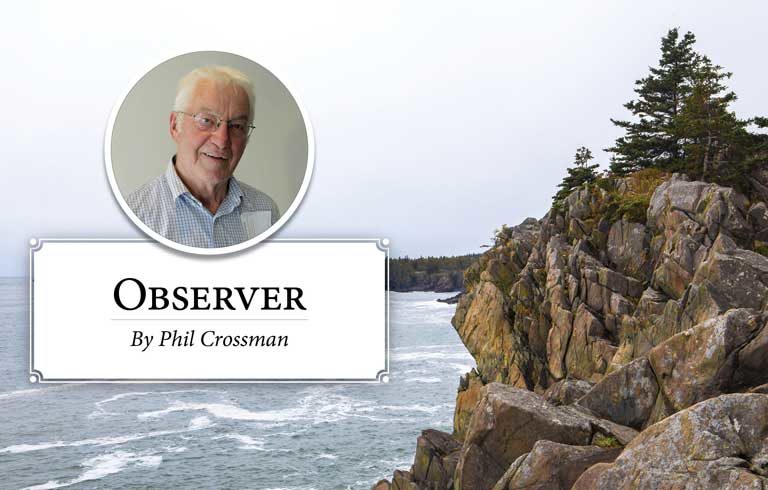Many Maine communities have a strong tradition of fishing, boatbuilding, or people otherwise using the Gulf of Maine to support their families. Building on that strong heritage, the state has attracted scientists and researchers who study the ocean as well as inventors pioneering equipment to support this work. From using lobster or kelp as an ingredient in skin care, to developing software to support aquaculture farms or collect data for research, entrepreneurs are developing businesses in and adjacent to these sectors.
In 2024, lawmakers saw the need for Maine to take a more proactive approach to supporting this growth and innovation. They established a task force to study how to “support Maine’s emergence as a center for blue economy innovation and opportunity in the 21st century.” The charge included developing a definition of Maine’s “blue economy,” reviewing how other states and countries approach this investment, and identifying parts of Maine’s blue economy that could benefit from more economic development attention.
The task force focused on sectors that had received lower amounts of state-wide attention and didn’t have something like a strategy, plan, or roadmap. For example, the fishing and seafood economy has already been deeply analyzed through an industry-led initiative called the Seafood Economic Accelerator for Maine, or SEAMaine.
The blue economy task force identified five areas that are primed for innovation and growth: marine research and ocean data; marine biotechnology; marine vegetation; resilient coastal infrastructure; and maritime propulsion systems and sustainable boatbuilding.
Other states like Rhode Island and Washington have created focused economic development plans in specific areas of the blue economy, which has helped them attract significant public and private funds. Canada, Norway, Belgium, Korea, and other countries also have some version of a center focused on the blue economy, or an “ocean cluster,” that supports economic development and serves as a hub for businesses, investors, and others.
One of the Maine task force’s recommendations was for the Legislature to establish a similar Center for the Blue Economy to serve as a central, coordinating hub of information and resources. Another was to better understand the education and workforce training programs to support Maine’s evolving ocean economy as well as the needs and challenges for these sectors.
Last spring, the Legislature formed a second Blue Economy Task Force to make recommendations for tackling these two areas. This work started in earnest late this summer with more than 35 participants. The process moved quickly—with a report due back to the Department of Economic and Community Development and the Legislature in early December.
As the co-chair of this task force, I have had the pleasure of hearing from numerous businesses in the five sectors about their needs for better support and coordination. I have also heard from many of Maine’s research and higher education institutions who work in these areas about how important strong state leadership is to pulling together different interests. A modest state investment in creating a Center for the Blue Economy can help ensure Maine has the leadership to compete with other states and the coordination and knowledge to better tap the growth potential of these sectors.
It is also clear that while there are numerous programs available to develop and support the workforce in some of these sectors, the state would benefit from better understanding the needs of two which are growing and need additional focus: resilient coastal infrastructure, and maritime propulsion systems and sustainable boatbuilding.
As the task force wraps up its work, I am grateful for the deep thinking from its members—many of whom could have spent that time working on businesses—as well as to the consultants who collected and analyzed a significant volume of information and thoughts that became the report. As with all good ideas, creating the center and delivering on the workforce recommendations will take money—I look forward to those conversations in the coming months.
Nick Battista is chief policy and external affairs officer for Island Institute, publisher of The Working Waterfront. He may be contacted at nbattista@islandinstitute.org.





